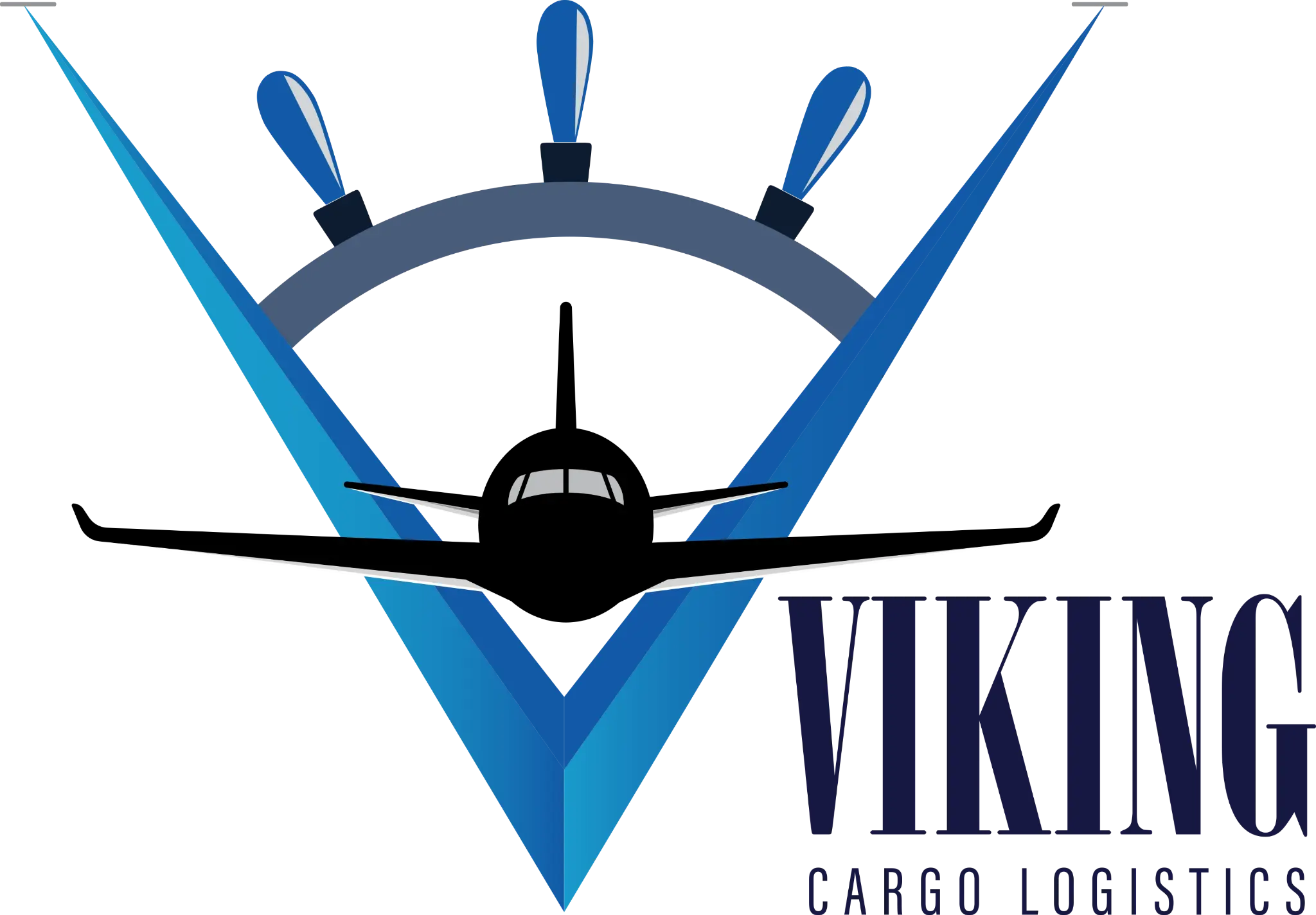Resources
Logistics Knowledge Center
Valuable information to help you navigate the complexities of global logistics
Welcome to Viking Cargo's resource center, where we share our logistics expertise to help you make informed decisions about your supply chain. Whether you're new to international shipping or looking to optimise your existing operations, our guides, tools, and insights provide practical information to support your business goals.
Explore our collection of resources below, and don't hesitate to contact our team if you have specific questions about your logistics needs.
Guides & Whitepapers
In-depth resources to help you understand logistics best practices

Incoterms 2020: A Comprehensive Guide
Understanding Incoterms is essential for international trade. This guide explains all 11 Incoterms rules, their implications for buyers and sellers, and how to choose the right terms for your shipments.
Download Guide
Navigating Australian Customs: Import & Export Procedures
A comprehensive overview of Australian customs regulations, documentation requirements, duty calculations, and practical tips for ensuring smooth clearance of your international shipments.
Download Guide
Supply Chain Optimisation: Strategies for Australian Businesses
This whitepaper explores practical approaches to enhance supply chain efficiency, reduce costs, and improve resilience. Includes case studies and actionable recommendations.
Download Whitepaper
International Shipping Packaging Best Practices
Learn how to properly package your goods for international transport to minimise damage, reduce costs, and ensure compliance with shipping regulations and insurance requirements.
Download GuideTools & Calculators
Interactive resources to help plan and estimate your shipping needs
Freight Cost Calculator
Estimate shipping costs based on origin, destination, dimensions, weight, and service level. Get a quick approximation before requesting a detailed quote.
Use CalculatorVolumetric Weight Calculator
Calculate the volumetric (dimensional) weight of your shipment to determine which will be used for billing: actual weight or volumetric weight.
Use CalculatorTransit Time Estimator
Get estimated transit times for shipments between major global locations based on transportation mode and service level.
Use EstimatorContainer Capacity Calculator
Determine how many units of your product can fit in different container types, considering dimensions and weight limitations.
Use CalculatorIndustry Insights
Latest trends, news, and expert perspectives on logistics and supply chain management

Sustainable Logistics: Reducing Your Supply Chain's Carbon Footprint
Explore practical strategies for implementing environmentally responsible logistics practices while maintaining operational efficiency and cost-effectiveness.
Read Article
Optimising E-commerce Logistics for Australian Retailers
Learn how Australian retailers can enhance their e-commerce fulfillment operations to meet customer expectations and compete effectively in the digital marketplace.
Read Article
How AI and IoT Are Transforming Freight Forwarding
Discover how artificial intelligence and Internet of Things technologies are revolutionizing logistics operations, improving visibility, and enabling predictive capabilities.
Read ArticleFrequently Asked Questions
Quick answers to common logistics questions
What documents are required for importing goods to Australia?
The main documents required for importing goods to Australia include:
- Commercial Invoice
- Packing List
- Bill of Lading or Air Waybill
- Import Declaration
- Certificate of Origin (if claiming preferential tariff treatment)
- Permits or licenses for restricted goods
Additional documentation may be required depending on the nature of the goods. Our customs clearance team can provide guidance specific to your shipment.
How do I determine whether to use air freight or sea freight?
The choice between air freight and sea freight depends on several factors:
- Urgency: Air freight is significantly faster (days vs. weeks/months)
- Cost: Sea freight is generally more economical, especially for large shipments
- Shipment size: Larger shipments are more cost-effective via sea
- Product value: High-value goods often justify the higher cost of air freight
- Product type: Perishable or time-sensitive goods typically require air freight
Our team can help you evaluate these factors for your specific shipment to determine the optimal mode of transport.
What are Incoterms and why are they important?
Incoterms (International Commercial Terms) are standardised trade terms that define the responsibilities, costs, and risks between buyers and sellers in international transactions. They specify:
- Who arranges and pays for transportation
- Who is responsible for insurance
- When risk transfers from seller to buyer
- Who handles customs clearance and pays duties
Using the correct Incoterm in your contracts is crucial to avoid misunderstandings, unexpected costs, and legal disputes. For a detailed explanation of all Incoterms, download our Incoterms 2020 Guide.
How can I track my shipment?
Viking Cargo provides several options for tracking your shipments:
- Online tracking portal accessible through our website
- Email notifications at key milestones
- Direct contact with your dedicated account manager
- API integration for high-volume shippers
To access tracking information, you'll need your shipment reference number, which is provided when your booking is confirmed. For assistance with tracking, please contact our customer service team.
What warehousing services does Viking Cargo offer?
Our comprehensive warehousing services include:
- Short and long-term storage solutions
- Inventory management and stock control
- Order fulfillment and pick & pack services
- Cross-docking
- Distribution and last-mile delivery
- Value-added services (labeling, kitting, etc.)
Our warehousing facilities are strategically located near major ports and transportation hubs in Sydney, Australia. For more information, visit our Warehousing & Distribution page.
Need Personalised Logistics Advice?
Our team of experts is ready to help you navigate your specific logistics challenges and optimise your supply chain.
